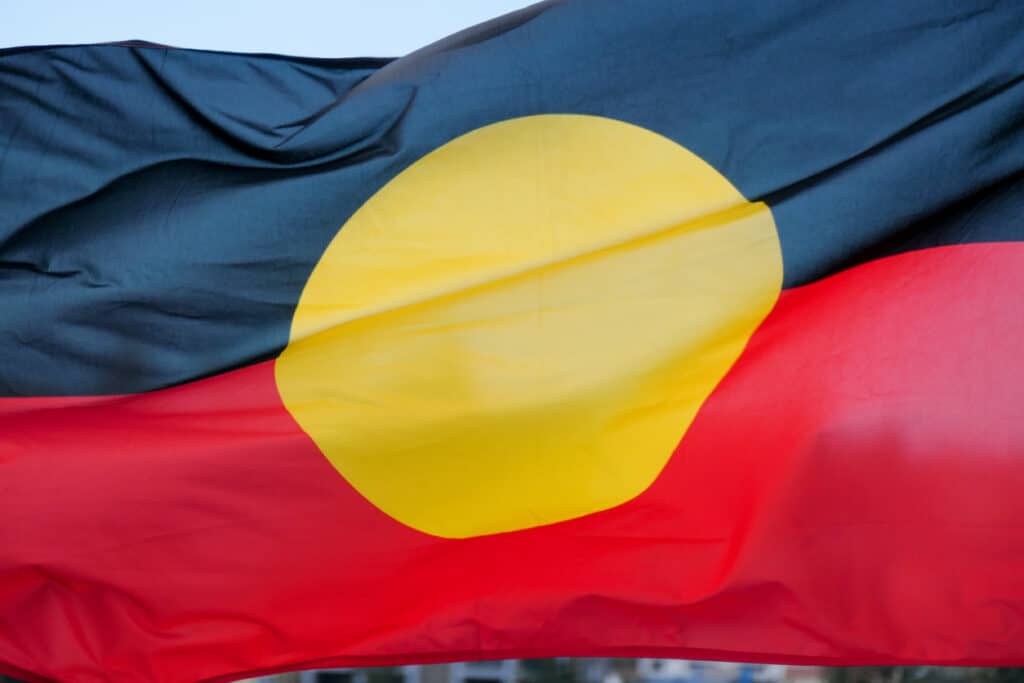
Jenan Taylor
18 January 2023
Churches should pray and reflect deeply on Aboriginal Sunday after the Voice referendum left many Indigenous people hurt and confused, a church leader says.
National Aboriginal Bishop Chris McLeod wants churches to ask “Where to now” for Christians and First Nations justice, as many Indigenous people were devastated that nothing has changed.
It comes as more than 100 churches nationwide prepare to stand in solidarity with Aboriginal people and the injustices they experience on Aboriginal Sunday.
Bishop McLeod said he wanted all churches to pray and reflect deeply on Aboriginal Sunday and beyond about why Christians voted “No”.
He said he wanted them to question whether worshippers followed Christian teaching about justice and standing with the marginalised, or their own fears and the untruths of the “No” campaign.
Read more: Indigenous Christian leaders ‘gutted’, but unwavering after Voice setback
“We are further behind now in achieving justice for Indigenous people and understanding the injustices Indigenous people face because the nation and many Christians have stopped listening,” Bishop McLeod said.
“We are living under the continuing Great Australian Silence. That has been reinforced by the rejection of the Voice and the dubious claims of the ‘No’ campaign.”
Retired Anglican priest the Reverend Janet Turpie-Johnstone said she wanted churches on Aboriginal Sunday to encourage Christians to start engaging with Indigenous Australians through exploring their local history.
If people looked at their local stories they might start to ask how things happened and why, and understand Aboriginal peoples’ perspectives, Ms Turpie-Johnstone said.
Read more: Respect First People’s mental suffering, whatever Voice outcome: Christian leaders
She said reconciliation had not happened yet because settler Australia had not reconciled itself to history.
Many Australians were still avoiding these issues and even saying they had no effect on Aboriginal people, without realising the consequences of their denial, Ms Turpie-Johnstone said.
Merri Creek Anglican is among those running the service.
Senior minister the Reverend Dr Peter Carolane said it was important to recognise this would be the first Aboriginal Sunday since the referendum and prioritise healing prayer because of the result.
Dr Carolane said Merri Creek engaged with Indigenous issues beyond Aboriginal Sunday including through starting every service with acknowledgment of country.
But people didn’t always understand why the church would do so.
“Some think Aboriginal issues are political and why bring politics to church. But we’ve tried to normalise it at our church to show that, actually, Aboriginal reconciliation and our colonial past is a justice issue for us as Christians that we can’t ever forget about. That’s why it’s important just to keep engaging,” Dr Carolane said.
Read more: Vicar calls for permanent state of repentance over treatment of Indigenous peoples
All Saints’ Greensborough senior minister the Reverend Julie Blinco-Smith said Aboriginal Sunday was important to its worshippers because of their long history of building good relationships with Indigenous people.
Ms Blinco-Smith said that included supporting the training of Aboriginal students at Nungalinya College and visiting them regularly.
“The DNA here is a passion for Indigenous issues and biblical justice, so it is a no brainer to continue with this legacy,” she said.
She said All Saints’ focus would be on prayer for all Indigenous people and a harvest of trained Indigenous Christian workers for ministry.
For a list of participating churches please visit Christian social justice organisation Common Grace.
For more faith news, follow The Melbourne Anglican on Facebook, Instagram, or subscribe to our weekly emails.

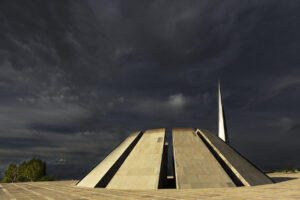
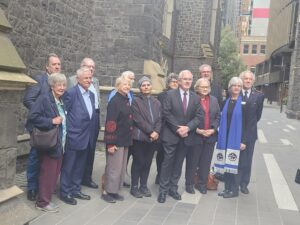
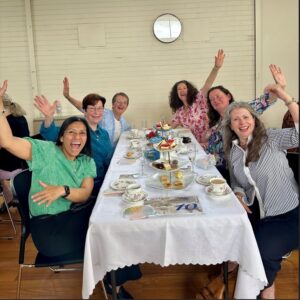
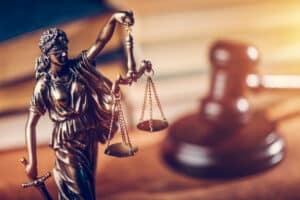



One Response